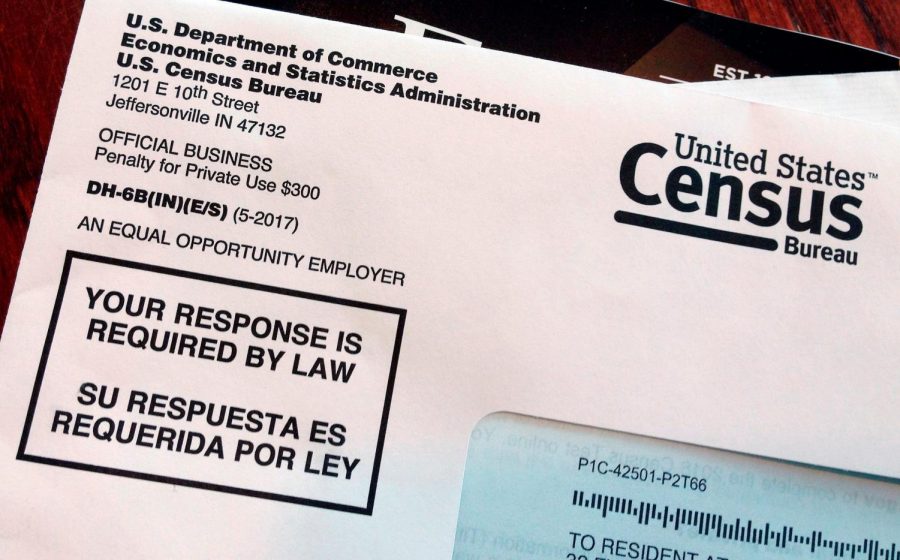The 2020 Census: Why It’s Important
This decennial process is more significant to the workings of your community, state, and country than you may think.
As outlined and required by the Constitution, the Census occurs every ten years to count each person residing in the United States. It’s mandatory that you participate, whether online, by phone, or by mail; if you or your family (whoever would be filling it out for you household) fails to respond, Census employees will follow up for an in-person response. However, though you are required to respond, the Census Bureau is also bound by law to keep your answers completely private; its job is not necessarily to associate data with the individual but, rather, to produce statistics about a group, locality, and nation as a whole. As invitations to respond are being sent out until March 20, you may find yourself wondering what makes this process and its results so important both in general and regarding the 2020 U.S. Census specifically.
For one, the Census provides an accurate count of state populations, which serves as the basis for the fair reapportionment of seats in the House of Representatives. Because the number of House seats is limited to 435 total, one state’s population gain may cause another to give up one or more seats as a result. This year, Census data is expected to determine that southern and western states gain more representation due to their population growth, ultimately earning them more political power; this means that states in the Northeast and Midwest regions will be forced to surrender several of their seats in turn. However, the concrete population counts for reapportionment will be published on December 31 of this year, which will play a role in determining the 2022 House elections, as well as the 2024 presidential election.
The Census also plays a huge role in redistricting, or redrawing legislative district boundaries. When done correctly and transparently, redistricting works to maintain equal voting power for each individual; unfortunately, however, it has also sparked much controversy and corruption as well. Sometimes, gerrymandering alters lines for political gain rather than the general wellbeing of citizens, involving (but not limited to) fraudulently eliminating challengers of the other party, dividing communities, and suppressing minorities.

One of the most significant topics pertaining to the U.S. Census is federal funding; it determines how and how much money flows into a specific community. Targets for such funding range from education and health services to housing and infrastructure programs. Due to its rapidly growing population, Charleston may receive more money for the expansion of roads and highway planning after the 2020 Census, for instance; furthermore, the county could receive more funds for its Head Start programs that the school district has in place for young children’s cognitive development.













